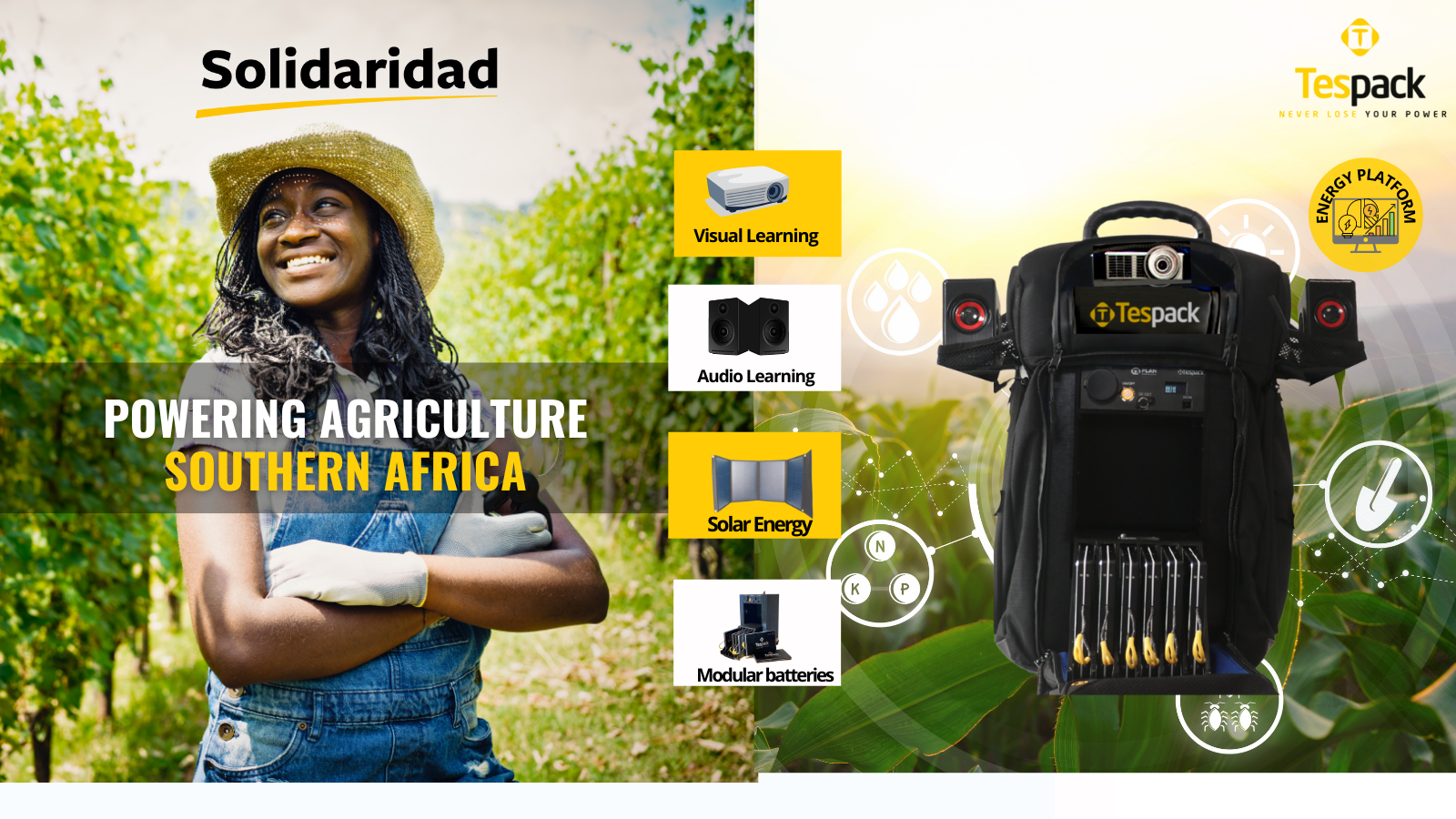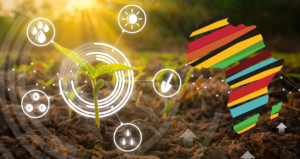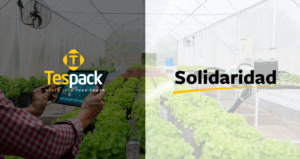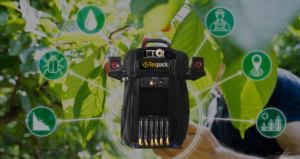
𝐏𝐨𝐰𝐞𝐫𝐢𝐧g Farmers in Southern Africa
𝐏𝐨𝐰𝐞𝐫𝐢𝐧g Farmers in Southern Africa
𝘛𝘦𝘴𝘱𝘢𝘤𝘬 P𝘢𝘳𝘵𝘯𝘦𝘳𝘪𝘯𝘨 𝘸𝘪𝘵𝘩 𝘚𝘰𝘭𝘪𝘥𝘢𝘳𝘪𝘥𝘢𝘥 Network in Zambia and Mozambique
Agriculture is by far the most important economic activity in Africa. It provides employment for about two-thirds of the continent’s working population and for each country contributes an average of 30 to 60 percent of gross domestic product and about 30 percent of the value of exports.
Although agriculture is the heartbeat of Africa, there are major obstacles that limit the success of small-scale farming in Africa. These obstacles can be divided into four categories:
 In a large part of Southern African countries such as in Ghana, Zambia and Zimbabwe, the majority of the population completely relies on the agricultural system for their livelihood. Unfortunately, the agriculture industry has not been able to grow to its full potential as there is a common trend that many farmers in these countries never get above a middle school education and in some cases have never been to school due to the lack of resources.
In a large part of Southern African countries such as in Ghana, Zambia and Zimbabwe, the majority of the population completely relies on the agricultural system for their livelihood. Unfortunately, the agriculture industry has not been able to grow to its full potential as there is a common trend that many farmers in these countries never get above a middle school education and in some cases have never been to school due to the lack of resources.
Statistics carried out by the World Economic Forum show that around 70% of Africans make their living through agriculture and that technology could transform the way they work, in tackling some of their key challenges. UNESCO research interviewed farmers in rural regions and both younger and older respondents emphasized that indigenous knowledge, skills and technology were insufficient to meet the current challenges of generating a rural livelihood. However, there was a massive opportunity if such issues were to be addressed.

Powering Agriculture in Southern Africa
Technology and agriculture education is a must to continue supporting the growth of agriculture in Southern Africa. New farming methods need to take place to optimize the harvest as well as utilize new technology equipment that makes things easier for farmers and allows them to work smarter with better results.
The issues facing the agriculture world are systemic and cannot be solved by one actor or intervention alone. For this reason, Tespack and Solidaridad Network are joining forces for a maximum amplified impact. Taking education and technology to rural areas with the latest agriculture techniques will be the main objective as this will equip local farmers with access to new information and knowledge which will support them in increasing their access to vital information and good practices that can have a positive impact on their farming practices and harvesting.

Tespack Launching Collaboration with Solidaridad Network in Zambia & Mozambique
Solidaridad Network works in over 40 countries worldwide to create fair and sustainable supply chains. Inspired by 50 years of solidarity with under-resourced producer communities, they enable farmers, miners and workers to earn a decent income, shape their own future, and produce in balance with nature.
Solidaridad Network is also responsible for 150.000 hectares of sustainable land and all of this land is being handled by the 37.000 farmers, miners and workers they have trained. With their know-how and expertise on supporting farmers, Tespack is glad to be collaborating with Solidaridad Network in supporting their work in rural regions in Zambia and Mozambique.

Bringing Access to Digital Tools & Training in Off-Grid Regions
With Tespack’s Smart Solar Media (SSM), local farmers in off-grid regions can get access to new applications and technology as well as farming training by accessing new types of information such as visuals and videos. Solidaridad Network will be piloting the SSM systems in Katete and Petauke in Zambia as well as in Angonia, Tsangano and Macanga districts in Mozambique.
Using Tespack’s SSM system, Solidaridad Network can train farmers in remote areas with the newest techniques of farming. In most remote areas there is no electricity and using the SSM system will provide access in powering mobile tools and most importantly, carrying out training and workshops by accessing audiovisual content as the system comes with built-in audio-visual technology. The SSM system can be recharged with solar energy or from the normal grid and it can provide continuous power for up to 12 hours with one charge.
If you require more information or wish to start a partnership, feel free to get in touch with us on info@tespack.com
